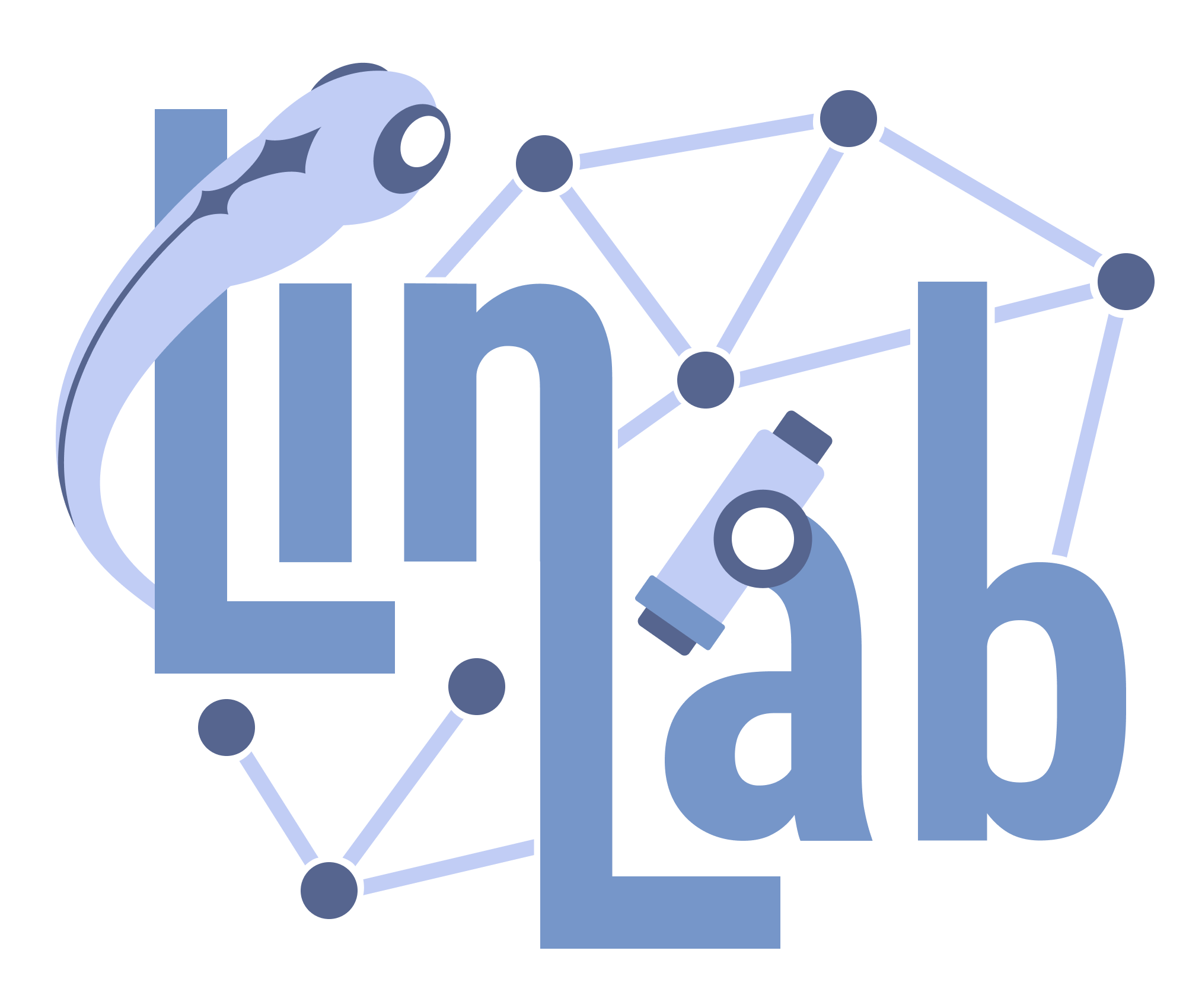Welcome to the Lin Lab at the University of Toronto (St. George, downtown campus)!
The central question of our lab is – how does the brain produce adaptive, flexible behavior?
We take a multi-disciplinary and holistic (systems) approach to answer this question. We combine whole-brain neural imaging and computational tools on behaving animal models to study the neural mechanisms underlying cognition and behaviors at the systems level. To access the whole brain with single-cell resolution at a high speed, we work with the zebrafish model and cutting-edge microscopies. Our approach is to develop data-driven computational models that can explain and predict behaviors from neural activity.
The cerebellum, with a highly conserved layered architecture, has recently emerged as a critical region for cognitive functions. Our lab focuses on the “cognitive cerebellum” by studying cerebellar microcircuits and interactions with the brain-wide neurodynamics in three decision-making contexts – learning, social cognition, and spatial navigation. We employ state-of-art optical neurotechnology, virtual realities, calcium imaging in awake zebrafish, computation tools from machine learning and dynamical systems, and an array of optogenetic tools.
If you share the passion, with a background in neuroscience, physics, computation, engineering, or even psychology and philosophy, welcome to join us!
Address:
University of Toronto – Department of Cell & Systems Biology
Lin Lab, 25 Harbord St.,
Toronto, ON M5S 3G5, Canada

